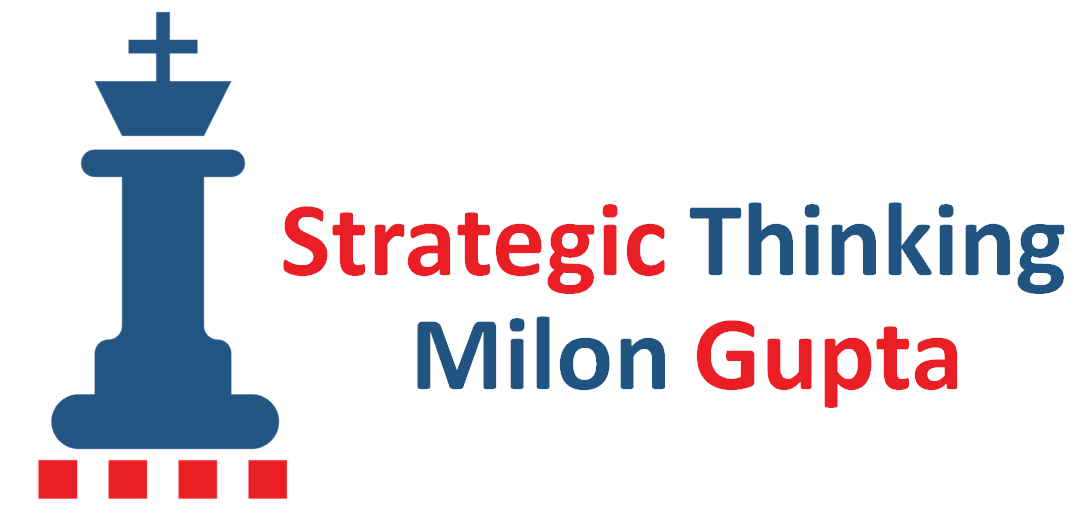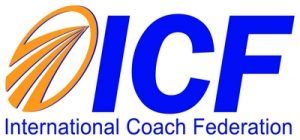 Who benefits from business strategy coaching
Who benefits from business strategy coaching
My business strategy coaching is primarily aimed at managers in medium-sized companies and large companies who are involved in strategy development and / or make significant operational decisions in strategy implementation. Specifically this includes:
- company founders and owners
- CEOs
- Members of the management board
- Area heads and department heads
- Benefits of business strategy coaching
Generally, business strategy coaching provides the client (coachee) and the company (sponsor) with improved strategic leadership skills and, depending on the issue, concrete solutions to strategic challenges.
Benefits of business strategy coaching
Benefits for clients (coachees)
- Expanded competency for strategic action and solutions
- Increased capacity for self-reflection and discovery of blind spots
- New perspectives on strategic challenges
- More options and more security in making important decisions
 Benefits for sponsors (buyers)
Benefits for sponsors (buyers)
- Coaching makes a significant contribution to leadership development.
- The capacity of self-reflection, which is strengthened through coaching, promotes productive interaction in management teams and reduces at the same time the potential for conflict due to unreflected behavior.
- The increased strategic decision-making competency of clients (coachees) can reduce costs caused by sub-optimal decisions and, vice versa, increase return from utilized strategic opportunities.
Spectrum of possible coaching topics
The following topics are only examples. The client defines the coaching topics and goals according to his need for change. As a coach, I support the client in this effort.
Attitudes and competencies of the client
- Better perception of blind spots
- Expansion of knowledge on reasoning errors and their consequences
- Strengthening of central strategic thinking capacities
- Exploration of options for strategic action
Strategic challenges for the company
- Building of a new business
- Expansion of existing business activities
- Changes of the product / service portfolio
- Identification of business risks and opportunities
- Managing the turnaround for a company in difficult situation
- Onboarding and outplacement of executives
Coaching formats
- One-to-one coaching of executives (face to face or via telephone or video conference)
- Group coaching of management teams (usually maximum five coachees per group; face to face and on demand complemented by phone or video conference)
Coaching process for one-to-one coaching
Phase 1: Getting acquainted and defining the assignment
Business strategy coaching usually takes place in a corporate context. Frequently, the client (coachee) is not the sponsor (buyer) of coaching, but, e.g. the human resources department or the boss of the client. In this case, there are fundamentally two options, how getting to know each other and defining the assignment could happen:
- consecutively, i.e. first with the sponsor, and then with the client (or the other way round);
- jointly, i.e. with the sponsor (e.g. represented by the manager of the client and a representative of the HR department) and the client in a joint session.
The clarification of the assignment with the client on topic and goal of the coaching will happen in a session free of charge. The clarification of the assignment is also about determining, whether coaching is really the most appropriate form of support for the topic and whether a working base between client and coach is given.
 Phase 2: Goal definition and coaching contract
Phase 2: Goal definition and coaching contract
In order to achieve a coaching contract, it is necessary that after phase 1 sponsor and client agree on a joint definition of the coaching topic and goal. These are agreed with me as a coach in the coaching contract. The contract also includes all other necessary arrangements on frequency and length of the session, the duration of the process, and meeting locations.
Phase 3: Coaching sessions
The coaching work in the envisaged sessions is designed to achieve the goals agreed in the coaching contract. Here, the client has the responsibility for the content, while I, as coach, am responsible for the process. As a coach I will accompany the client as a partner at eye level and will stimulate him to make progress toward his goal. How fast these advances are achieved and what they exactly look like is the responsibility of the client – he is the expert for his system, and it is up to him to transfer the insights and solutions found into daily management and strategic action.
Phase 4: Completion of the coaching process
The last coaching session is mainly about the client reflecting where he stands in regard to his goal, and how he will manage the transfer of the insights from the coaching into day-to-day business or, depending on the topic, into a concrete strategic decision.
The second part of the conclusion of the coaching consists of a discussion with the sponsor, if required together with the client, to conclude by reflecting the coaching objectives from the perspective of the company.
Depending on the contractual agreement, I will write a final report for the sponsor, which will be coordinated with the client.
Phase 5: Feedback and evaluation
After the completion of the coaching, client and sponsor provide to me as a coach feedback, to what extent they were satisfied with the coaching. On this basis, I will carry out my own evaluation and case by case ask an experienced coaching colleague to perform a supervision. These measures serve to ensure and permanently improve the high quality of my work in the interest of my clients.
Arrange a free, no-obligation conversation with me
 Please send me your request for a first conversation of approx. 15 minutes to get acquainted with each other; let me know your preferred dates and times. You will receive from me within 24 hours a response with a proposal for an appointment via telephone or video conference.
Please send me your request for a first conversation of approx. 15 minutes to get acquainted with each other; let me know your preferred dates and times. You will receive from me within 24 hours a response with a proposal for an appointment via telephone or video conference.
Should there be a mutual wish to start a collaboration, the conversation with the client for the clarification of the assignment would also be free of charge and without obligation for you. Costs will only be incurred after the conclusion of the coaching contract.
I look forward to your inquiry.
Milon Gupta

